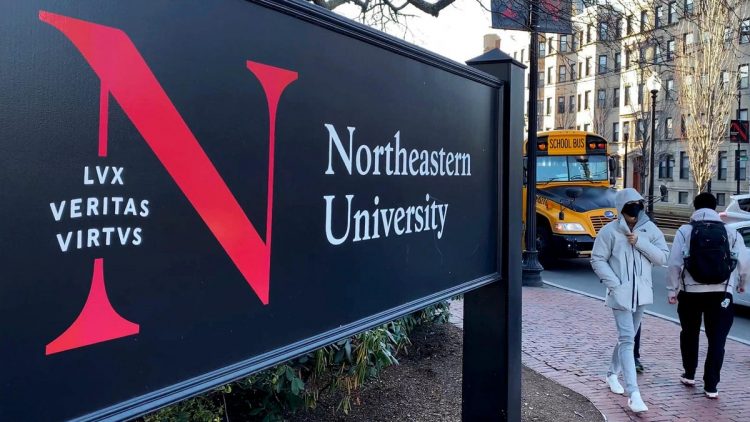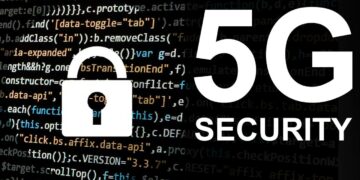File photo of students walking on the Northeastern University campus in Boston on Jan. 31, 2019.Photo: Rodrique Ngowi (AP)
Police discovered a note railing against virtual reality and Meta CEO Mark Zuckerberg on the scene of a package explosion at Northeastern University in Boston on Tuesday night, according to CBS Boston. An unnamed 45-year-old man at the university suffered “minor hand injuries” from the explosion and a second package was discovered on campus near the Museum of Fine Arts but “rendered safe,” according to police.
Cops were called to Holmes Hall on the Northeastern University campus around 7:18 p.m. ET and a police officer arrived to the scene within a minute, according to Michael Davis, chief of the campus police department at Northeastern.
“It’s very important to note that our campus is secure and we will maintain a secure campus in perpetuity,” Davis said at a press conference livestreamed on YouTube.
Investigators have declined to say how the two packages were delivered to campus, though CNN reports one of the packages was delivered to Holmes Hall specifically for the Northeastern Virtual Reality Club, though other classes like journalism are also taught in the hall. The VR club describes itself on Facebook as utilizing the latest technologies like Microsoft Hololens and Google Glass, “to develop and research virtual experiences” and hopes to “close the gap between classrooms and virtual environments.”
CBS Boston reports a Pelican case was discovered at the scene of the explosion, but it’s not yet clear if the second package at a second location on campus that police said was “rendered safe” was also a Pelican case. Pelican is a name brand but the term is often used generically to refer to a rugged cargo case popular for carrying anything from guns to camera equipment.
G/O Media may get a commission
CNN also reported overnight on the note left at the scene of the bombing, citing “several” law enforcement sources. CNN described the note as “rambling,” though Boston Police and Northeastern University did not respond to emailed questions overnight about the note. Gizmodo also reached out to Facebook and will update this article if we hear back.
While bombs on college campuses certainly attract headlines here in the 21st century, there was actually a time in the relatively recent past when explosions were much more commonplace. In fact, the U.S. was averaging almost five bombings per day in 1971 and 1972, according to Time magazine.
It was also common for computer and technology departments to be the target of those bombings in the 1970s, largely because people in those fields often collaborated with the U.S. military during the Vietnam War. One bombing in particular on August 24, 1970 is still remembered today at the University of Wisconsin-Madison because it killed one and injured three others when a van filled with explosives was detonated at Sterling Hall. The van used to carry out that bombing was even stolen from a Computer Sciences professor.
It’s still too early to determine a clear motive for whoever caused a package to explode at Northeastern’s virtual reality club on Tuesday night. But if the reports from several news outlets are to be believed, whoever bombed the campus has a strong grudge against virtual reality and Mark Zuckerberg. The FBI has been called in to assist the investigation.
Source by gizmodo.com





























